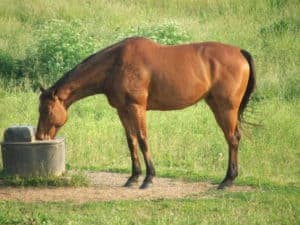
Feed’s Effect on Horses’ Dehydration Response
A research team concluded that providing food without water can increase dehydration in horses.


A research team concluded that providing food without water can increase dehydration in horses.
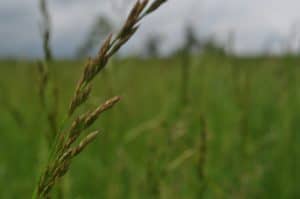
Researchers tested Doppler ultrasonography to detect vasoconstriction due to endophytic alkaloid consumption.

Researchers compared the digestibility of a high-forage diet when fed to weanling versus mature horses.
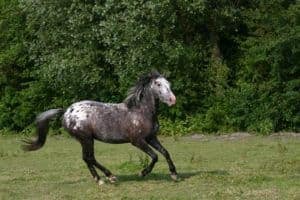
Researchers recently evaluated selenium status’ impact on antioxidant factors in mature horses.

Researchers say endophyte-infected tall fescue seed consumption could negatively affect exercise recovery.
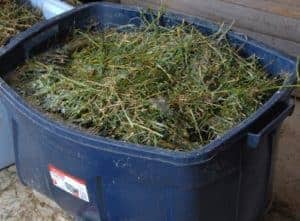
Soaking hay can cause protein and mineral loss, depending on the time submerged and water temperature.

Providing pre- and probiotics, coupled with proper nutrition, can have positive effects on horses’ health.

Horses showed a clear preference for alfalfa compared to the other types of hay offered.

Restricted pasture access does not have negative effects on hindgut fermentation or fluid balance.
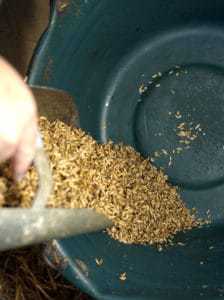
No significant fecal pH decrease occurred, but it’s important to change equine feed gradually, researchers say.

Fats increase energy density of diets and are necessary to metabolize fat-soluble vitamins.

Foals of mares consuming organic selenium had higher blood selenium concentrations than other foals.

When horses were not given a choice of forage, teff hay intake was no different than timothy hay intake.
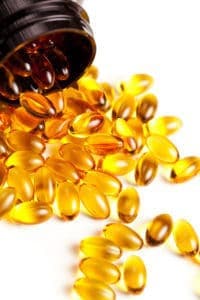
Selenium and vitamin E work together to alleviate muscle damage and signs of tying up in horses.
Stay on top of the most recent Horse Health news with